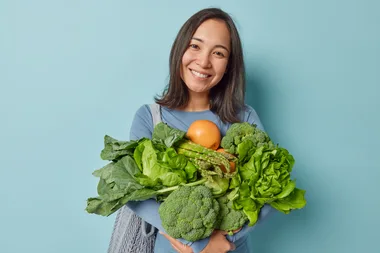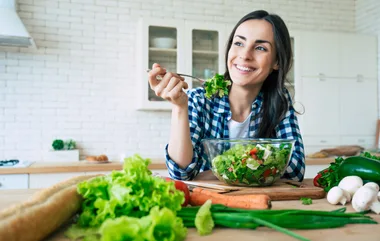Myths about food, health and nutrition dominate some people’s eating habits. And many of them make diets restrictive and take the enjoyment out of eating. So, let’s set the record straight on common dietary myths.

Top 10 diet and food myths
Myths about food, health and nutrition dominate some people’s eating habits. And many of them make diets restrictive and take the enjoyment out of eating.
So, let’s sets the record straight on common dietary myths.
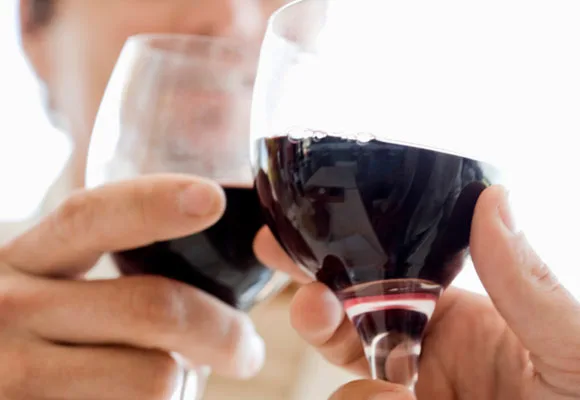
This myth originated because red wine contains resveratrol, which studies show can reduce bad cholesterol and prevent blood clots. But the Australian Heart Foundation says red wine is not a good source of resveratrol antioxidants for preventing heart disease. In order to receive the percentage of resveratrol that you would need to benefit, you would have to drink a tremendous amount of red wine, and that would not be good for you.
Bottom line: Enjoy red wine in moderation, not as a health supplement.
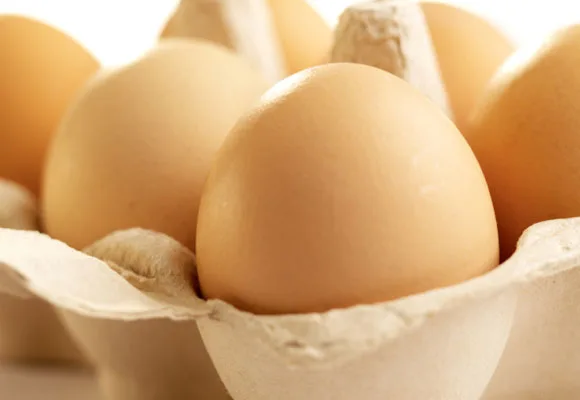
Eggs the most concentrated amount of cholesterol in any food (upwards of 200mg). But dietary cholesterol isn’t nearly as dangerous as was once thought. When it comes to pushing up your cholesterol, it’s really saturated fat that is the main villain. Eggs are also a good source of protein.
Bottom line: People with a history of heart disease, shoul check with a doctor. But most healthy people can eat eggs in moderation.

Most carb haters claim foods like bread and pasta promote insulin production, which ends in weight gain. This is just another nutrition myth. The truth is a lot of the weight you lose via these diets is water weight. You will gain back the weight, and more, when you start eating carbs again.
Bottom line: Carbs are not the enemy. If you eat more than you need, whether it’s fat, carbohydrates, protein, you’ll store those extra calories as body fat.
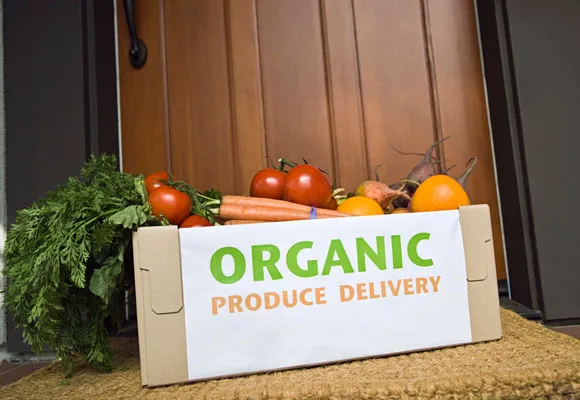
There are many good reasons to have organic food, such as supporting local farmers, the fair treatment of animals and avoiding pesticides. But scientific research has not yet proven that organic foods are more nutritional than conventionally raised foods.
Bottom line: Nutritionally, what’s important is that you eat more fruits and veggies, regardless of how they were farmed.
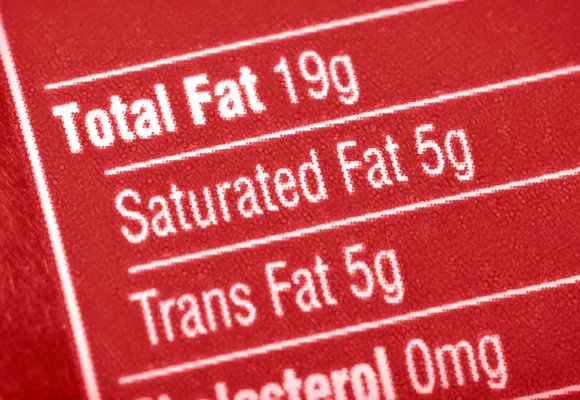
It’s a long-held myth that all fats are bad. But not all fats are created equal. Some fats can actually help promote good health, while others increase the risk for heart disease. The key is to replace bad fats (saturated fats and trans fats) with good fats (monounsaturated fats and polyunsaturated fats). Think olive oil, safflower oil, sesame oils, peanut oil, canola oil and avocado.
Bottom line: Don’t avoid all fats, look for ‘good’ fats.

Foods labelled ‘low fat ‘or ‘fat free’ does not mean calorie free. Such foods are often laden with sugar, carbs or salt, which are added to improve the flavour. Many processed ‘low-fat’ or ‘fat-free’ foods have just as many calories as the full-fat version of the same food, or even more!
Bottom line: When shopping, make sure you read nutrition labels of the regular versus the low-fat product and compare the calories-per-serving size. Remember that weight comes down to calories, not fat!
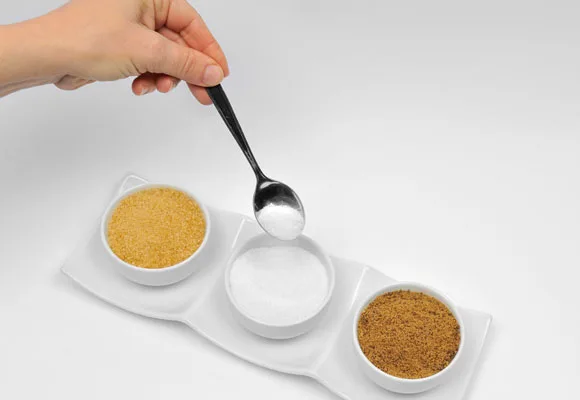
The brown sugar sold at the supermarket is actually white granulated sugar with added molasses. Yes, brown sugar contains minute amounts of minerals. But unless you eat a gigantic portion of brown sugar every day, the mineral content difference between brown sugar and white sugar is absolutely insignificant.
Bottom line: The simple truth is that sugar is sugar. There is no significant difference in terms of nutrition.
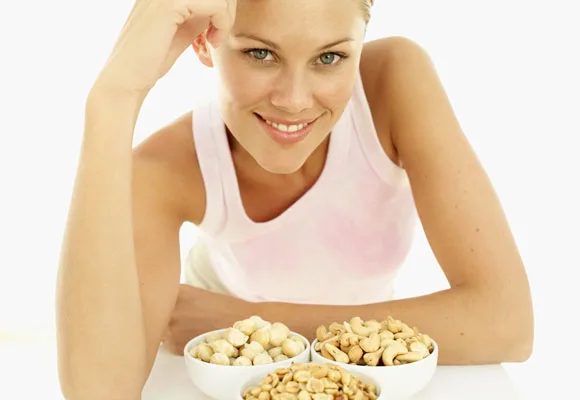
It’s true that nuts are quite calorically dense. But nuts and seeds are highly nutritious, containing proteins, minerals, vitamins and other plant chemicals that we tend to call “super nutrients”. Nuts also have high satiety properties, so a handful of almonds will keep you feeling fuller for longer.
Bottom line: Next time you feel like indulging, go for whole, raw, unsalted nuts. if you can restrain yourself from overeating them, nuts can be a part of a healthy diet.

It’s not when you eat but what you eat and how much that counts. If you eat more calories than you burn and you’ll get fatter. Late night snacking can push your calorie intake over the edge. If you want to have a snack before bedtime, think first about how many calories you have eaten that day. Also try to avoid snacking in front of the TV at night. It may be easier to overeat when you are distracted by the television.
Bottom line: No matter when you eat, your body will store extra calories as fat.
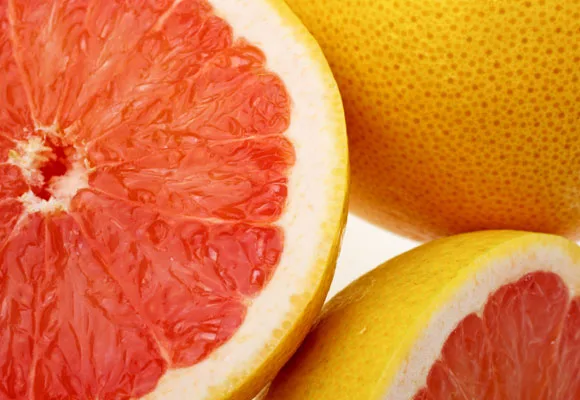
We’ve all heard the claim that foods like celery can burn fat because the process of chewing and digesting foods uses up more calories than the amount of calories they contain. The truth is, no foods can burn fat. But celery and grapefruit can be healthy replacements for high-fat snacks. Remember, celery’s low-kilojoule status is undermined by eating it slathered with peanut butter.
Bottom line: The best way to lose weight is to cut back on the number of calories you eat and be more physically active.

NEXT: Celebrity fitness secrets
Ever wonder how celebrities like Natalie Portman, Madonna and Elle stay rocking fit? From five-hour workouts to Kung Fu, we reveal how the hottest celebs get their lean sculpted bodies.






